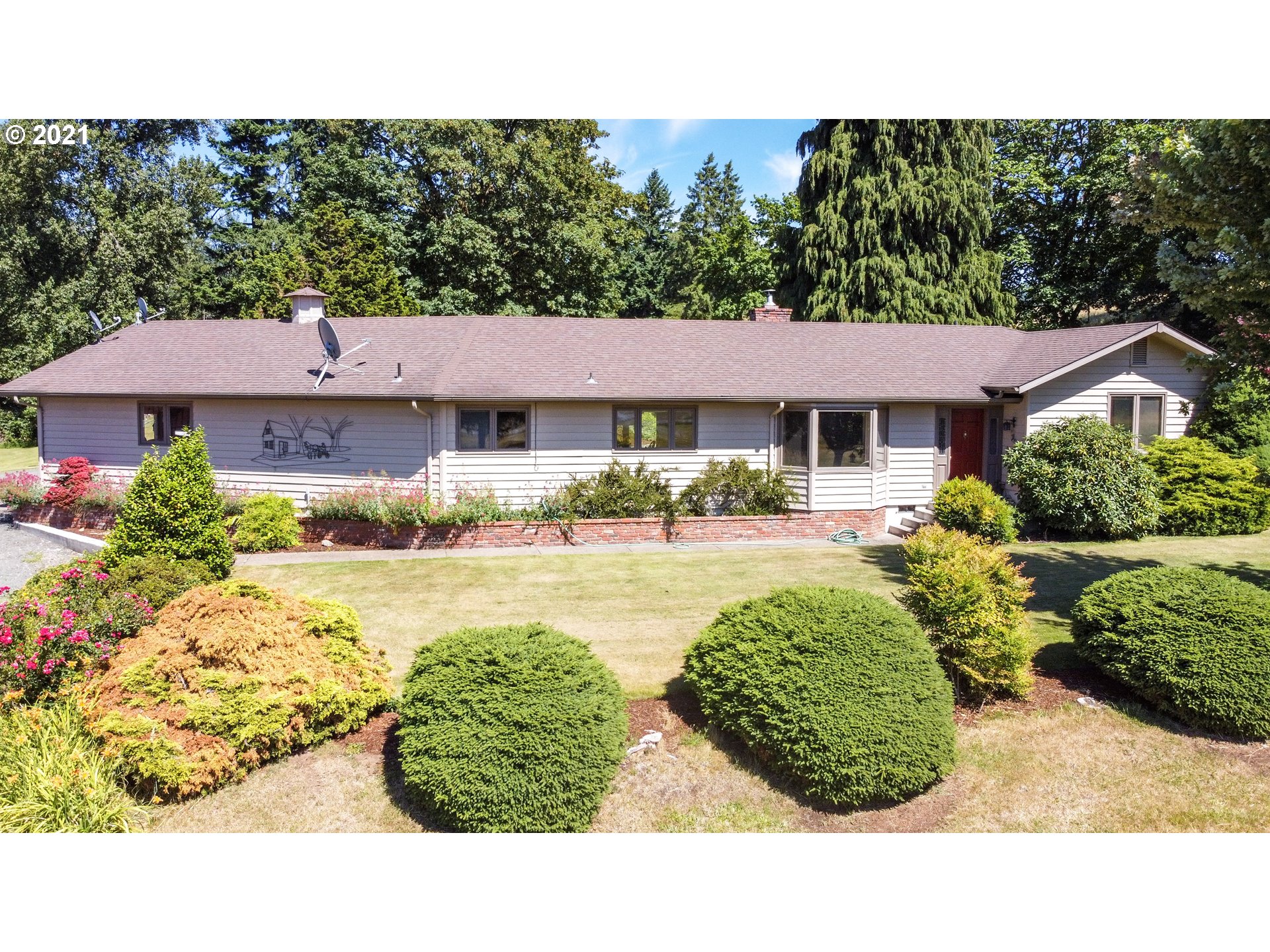New Home Sales Slowed Nationally, But Locally Is Not
Good Monday Morning!
Demand for housing here in the Eugene/Springfield area is not slowing down. But, nationally, the demand for new housing has slowed and it could be temporary or it could also be the start of a downturn. The price of new homes has continued to increase due to many factors and this certainly could be contributing to a slowdown. The following is an article from"Realtor.com" that gives details on the recent reduction in new home sales.
The numbers: New home sales dropped by a larger-than-expected amount, falling to the lowest level in a year.
New home sales occurred at a seasonally-adjusted annual rate of 769,000 in May, the U.S. Census Bureau reported Wednesday. The figure represented a 5.9% drop from the previous month’s revised figure, but was up 9.2% from a year ago.
The new home sales report often sees very significant revisions in subsequent months following the initial estimates. The U.S. Census Bureau noted that the change in new home sales between March and May could be 18.6% larger or smaller than what it is currently reporting, a wide confidence interval.
The median forecast of economists polled by MarketWatch was 859,000.
What happened: The decline in sales was mostly driven by a 14.5% drop in the South. The Northeast saw the volume of new home sales increase 33%, while the West witnessed a 4.8% uptick. Sales were flat in the Midwest.
The number of homes for sale at the end of the month was up 4.8% from April. The total inventory of new homes for sale represented a 5.1-month supply, the highest since last May. The median sales price for a new home was over $374,000, up from around $365,000 the month prior.
The big picture: Constraints in the market for existing homes continue to provide a runway for new home sales to take off. “Right now, we view the shortage of housing inventory as the primary limiting factor for home sales as we start looking forward into the second half of the year,” said Ruben Gonzalez, chief economist at Keller Williams.
Many home builders in recent months were forced to pause, or in some anecdotal cases completely cancel, project because of the short supply of lumber used in construction. The lumber shortage pushed prices for homes higher and squeezed the margins at construction firms. The shortage stemmed from production backlogs at sawmills—many mills opted to ramp operations down last spring as the COVID-19 pandemic hit the economy, only to be caught flat-footed months later when the U.S. housing market roared back to life.
But now, lumber prices appear to be coming back down to earth, which should reduce some of the supply-chain related pressures builders were facing and allow them to resume their operations. That said, builders still face headwinds, including labor shortages, that will make it hard to really ramp up the pace of sales and construction.
What they’re saying: “As far as the drop in mortgage applications for home purchase goes, the downtrend is most likely primarily due to supply-constrained weakness in existing home sales, as demand for new homes has held up comparatively well even as mortgage applications for home purchase have dropped,” said Joshua Shapiro, chief U.S. economist at independent global economic and financial consulting firm Maria Fiorini Ramirez.
“Aside from surging home prices squeezing some potential buyers out of the market, I do not have a good explanation for the latest fall,” said Stephen Stanley, chief economist at Amherst Pierpont. “I’m guessing the May reading is mostly an anomaly.”
“Sales of newly constructed homes are held back by the uncertainty that builders face. Prices for lumber, drywall, doors, and roofing products are all higher than they were a year ago. As builders pass along those costs, they encounter resistance from would-be buyers. The rising costs for construction materials come at a bad time, as vigorous construction is the solution to the housing shortage,” said Holden Lewis, home and mortgage expert at personal-finance website NerdWallet.
Market reaction: The Dow Jones Industrial Average and S&P 500 index were both up slightly following the report’s release, while homebuilder stocks—including D.R. Horton, Lennar Corp. and PulteGroup—fell in morning trading.
Have An Awesome Week!
Stay Healthy! Stay Safe! Remain Positive! Trust in God!
THIS WEEKS HOT HOME LISTING!
 33749 Meyer Rd, Cottage Grove, OR
33749 Meyer Rd, Cottage Grove, OR
Price: $595,000 Beds: 2 Baths: 2.0 Sq Ft: 1803
Gorgeous one level home on 5.5 irrigated acres. Over 3 acres of pasture. Water rights to pump water from year-round creek. Lovely home with great room, large open kitchen, huge laundry sewing/craft room with tons of cabinet storage. 36'x44' shop wit...View this property >>
AND HERE'S YOUR MONDAY MORNING COFFEE!!


 2941 Edgewater Dr, Eugene,
2941 Edgewater Dr, Eugene, 1122 Alderdale Dr, Junction City,
1122 Alderdale Dr, Junction City, 3620 Berkshire St, Eugene,
3620 Berkshire St, Eugene, 3220 Crescent Ave #55, Eugene,
3220 Crescent Ave #55, Eugene, 81 Shady Loop, Springfield,
81 Shady Loop, Springfield, 485 SW Juniper St, Junction City,
485 SW Juniper St, Junction City, 2924 Norkenzie Rd, Eugene,
2924 Norkenzie Rd, Eugene,



